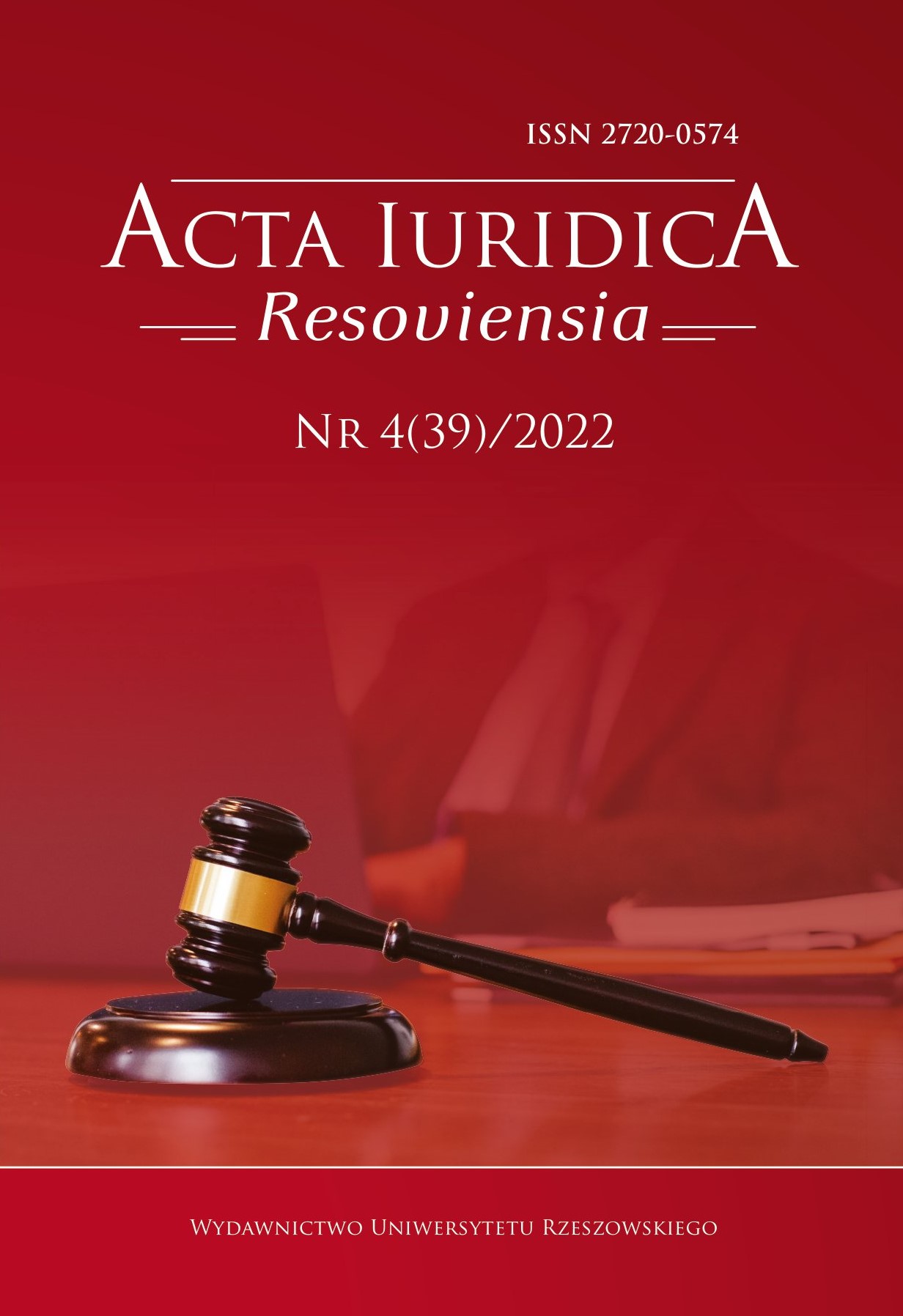“He wanted to patronize everything”. About Leon Halban’s contribution to the deve- lopment of Lublin’s scientific life
DOI:
https://doi.org/10.15584/actaires.2022.4.15Keywords:
history of science and teaching, KUL, organization of UMCS, period after World War IIAbstract
The aim of the article is to indicate the contribution of prof. Leon Halban and the importance of his involvement in the functioning of this scientific community. The research problem is contained in the question of what determined the professor to courageously enter and actively participate in various aspects of scientific life in the post-war years. The text has been divided into three parts. The first concerns the scholar’s pedigree along with the period of university work in Lviv. The second part presents the professor’s contribution to the activities of three Lublin juridical departments and related teaching and the performance of administrative functions at KUL and UMCS. The third part relates to other forms of scientific activity and popularizing science. The reasoning was carried out on the basis of the historical and legal method and the analysis of archival materials. Obtaining materials from the archives of the Catholic University of Lublin, UMCS, DALO in Lviv and the Manuscript Department of the University of Lublin, their analysis and recalling the relevant literature on the subject allowed us to draw the following conclusions: prof. Leon Halban belongs to the group of people who helped to resume research and teaching activities at the Catholic University of Lublin after the Second World War. He applied to the juridical departments of this university on the basis of working methods learned from the Jagiellonian University in Lviv. He was a pioneer when it comes to teaching historical and legal disciplines at UMCS. His interests also exceeded the strict limits of science. It can certainly be said that such a style of action and commitment was determined by the work ethic of a scientist, the sources of which should be sought in the studies and work at the Jagiellonian University in Lviv.
Downloads
Downloads
Published
How to Cite
Issue
Section
License
Copyright (c) 2022 Acta Iuridica Resoviensia (formelry: The Scientific Journal of the University of Rzeszow, Law Series)

This work is licensed under a Creative Commons Attribution-NonCommercial-NoDerivatives 4.0 International License.

